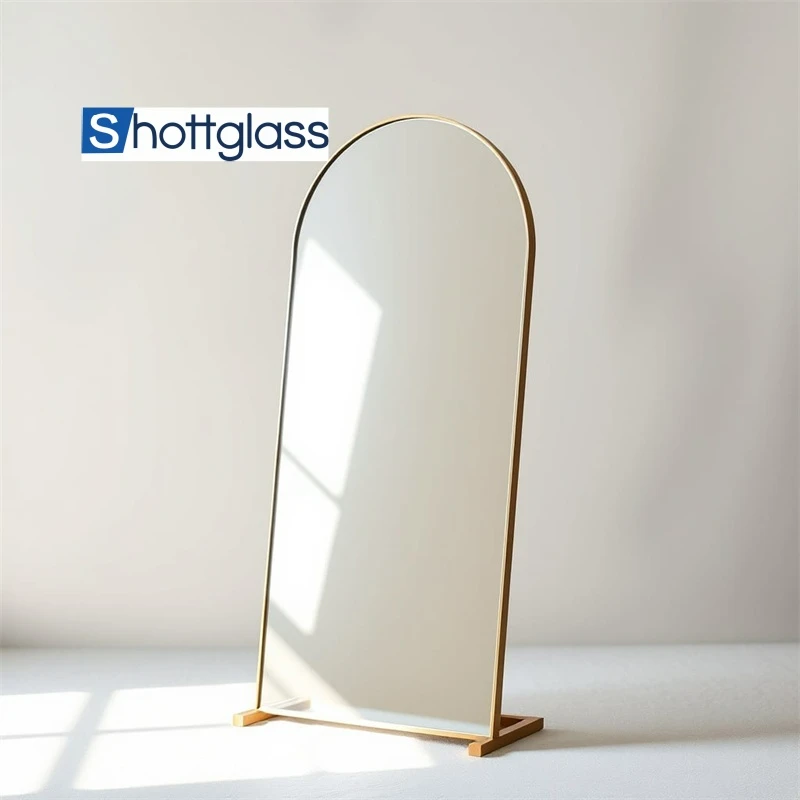Oct . 07, 2024 10:55 Back to list
8mm float glass
Understanding 8mm Float Glass Properties, Uses, and Benefits
Float glass, a widely used and highly versatile material, has become an integral part of modern construction and design. Among the various types available, 8mm float glass stands out due to its unique properties and numerous applications. This article delves into the specifics of 8mm float glass, exploring its production process, qualities, and the range of its uses in various industries.
What is Float Glass?
Float glass is a type of glass that is manufactured by floating molten glass on top of molten tin. This process results in a smooth, flat, and uniform thickness, which is free from distortions and imperfections. The term float derives from this manufacturing technique, which allows for greater control over the glass's thickness, clarity, and surface quality. The thickness of 8mm makes it suitable for various applications, providing a blend of strength and aesthetic appeal.
Production Process
The production of float glass begins with the heating of raw materials, primarily silica sand, soda ash, and limestone, to a temperature of about 1,700°C. Once melted, the glass is poured onto a bath of molten tin. As it floats, it spreads out to form a flat, even layer. After achieving the desired thickness, the glass is cooled in a controlled environment, resulting in the final product, which is then cut and processed to meet various specifications.
Properties of 8mm Float Glass
One of the most significant advantages of 8mm float glass is its increased strength compared to thinner variants. This makes it not only suitable for structural applications but also for situations where safety and durability are paramount. Additionally, float glass offers excellent optical clarity, allowing natural light to penetrate interiors while providing insulation against heat and sound. The smooth surface of float glass also makes it easy to clean and maintain, contributing to its popularity in residential and commercial settings.
8mm float glass

Applications
8mm float glass finds application in a multitude of areas. In the construction industry, it is commonly used for windows, doors, and facades. Its thickness provides sufficient insulation properties while facilitating expansive views and natural lighting. Additionally, 8mm float glass is often utilized in shower enclosures, glass partitions, and balustrades, enhancing both safety and aesthetic appeal.
In addition to architectural uses, 8mm float glass plays a pivotal role in the furniture industry, being used in tabletops, shelves, and decorative displays. Its versatility extends to automotive applications as well, where it is used in windshields and windows of vehicles.
Benefits
Investing in 8mm float glass comes with various benefits. Its strength and durability minimize the need for frequent replacements, making it a cost-effective solution in the long run. Furthermore, its aesthetic qualities enhance the visual appeal of spaces, allowing for modern design trends that emphasize transparency and openness.
Moreover, float glass can be treated or coated to enhance properties such as UV resistance, energy efficiency, and privacy, expanding its usability across different environments.
Conclusion
In conclusion, 8mm float glass is a remarkable material that combines strength, clarity, and versatility. Its extensive range of applications in construction, furniture design, and automotive industries underscores its importance in today’s world. As architectural trends continue to evolve, the demand for high-quality float glass will likely remain high, making it an essential material in various sectors. Whether for practical or aesthetic reasons, 8mm float glass undoubtedly plays a crucial role in shaping modern environments.
-
The Science of Laminated Glass
NewsAug.29,2025
-
Reflective Glass Facades: Modern Aesthetics and Energy Efficiency
NewsAug.29,2025
-
Mirror Glass: Transforming Commercial Spaces
NewsAug.29,2025
-
Insulated Glass: Energy & Cost Benefits
NewsAug.29,2025
-
Frosted Glass Walls: Modern Partition Solutions
NewsAug.29,2025
-
Blue Coated Glass: Features and Benefits
NewsAug.29,2025
Related PRODUCTS














